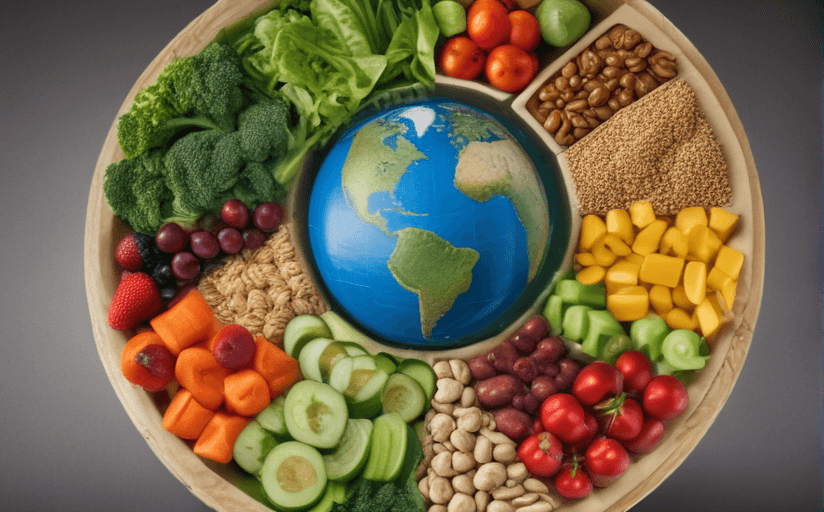Plant-Based Diets: Impact on Personal Health and the Environment
From reducing the risk of chronic diseases to promoting a sustainable environment, plant-based diets have increasingly gained recognition as a valuable lifestyle choice. However, like any diet, plant-based eating has its strengths and potential drawbacks. This article provides a comprehensive analysis of the role of plant-based diets in personal health and environmental sustainability.
Nutritional Benefits of a Plant-Based Diet
Plant-based diets, rich in fruits, vegetables, nuts, seeds, and legumes, have been linked to a myriad of health benefits. A 2009 study published in the American Journal of Clinical Nutrition detailed the diet's potential to reduce the risk of chronic conditions, such as heart disease, cancer, and diabetes.
Fiber, abundant in plant-based foods, supports digestion and weight management. It acts as a prebiotic, feeding beneficial gut bacteria, thereby promoting healthy digestion and reducing the risk of gastrointestinal diseases.
Potential Shortcomings
Despite its benefits, a plant-based diet may lack certain nutrients. Vegetarians and vegans need to ensure they are adequately consuming vitamins B12, D and minerals like iron, calcium, and zinc, not easily obtainable from plant-based foods. Individuals can meet these nutrient needs through fortified foods or supplements, and by consuming a wide variety of foods.
Impact on the Environment
Plant-based diets can contribute significantly to environmental sustainability in terms of resource consumption, carbon emissions, and biodiversity.
According to a 2018 study in Science, livestock farming utilizes 83% of the world's agricultural land, while contributing only 18% of the world's calories. In contrast, plant cultivation uses fewer resources, with less land, water, and energy required for crops like fruits, vegetables, and legumes.
A diet shift to plant-based foods could also reduce greenhouse gas emissions. The aforementioned study also stated that livestock farming generates 60% of agriculture's greenhouse gas emissions, while a plant-based diet has a much lower carbon footprint.
Biodiversity stands to gain from plant-based diets too, with smaller-scale, diversified plant agriculture promoting a healthier balance of species compared to resource-intensive livestock farming that often results in deforestation and habitat loss.
A Balanced Perspective
While plant-based diets have significant prospects for both health and environmental sustainability, one should consider other perspectives. The accessibility and personal preference of plant-based foods, cultural and regional food practices, and the potential job losses from shifting away from livestock farming are just a few examples. Additionally, some crops, such as almonds or avocados, require substantial water resources, indicating that not all plant foods are created equal in terms of sustainability.
Ultimately, a more sustainable and health-conducive food system is complex, requiring whole system change including all sectors of society - from individual choices to policy actions. As the conversation continues, plant-based diets remain an intriguing part of the solution.



















Comments
Leave a Comment